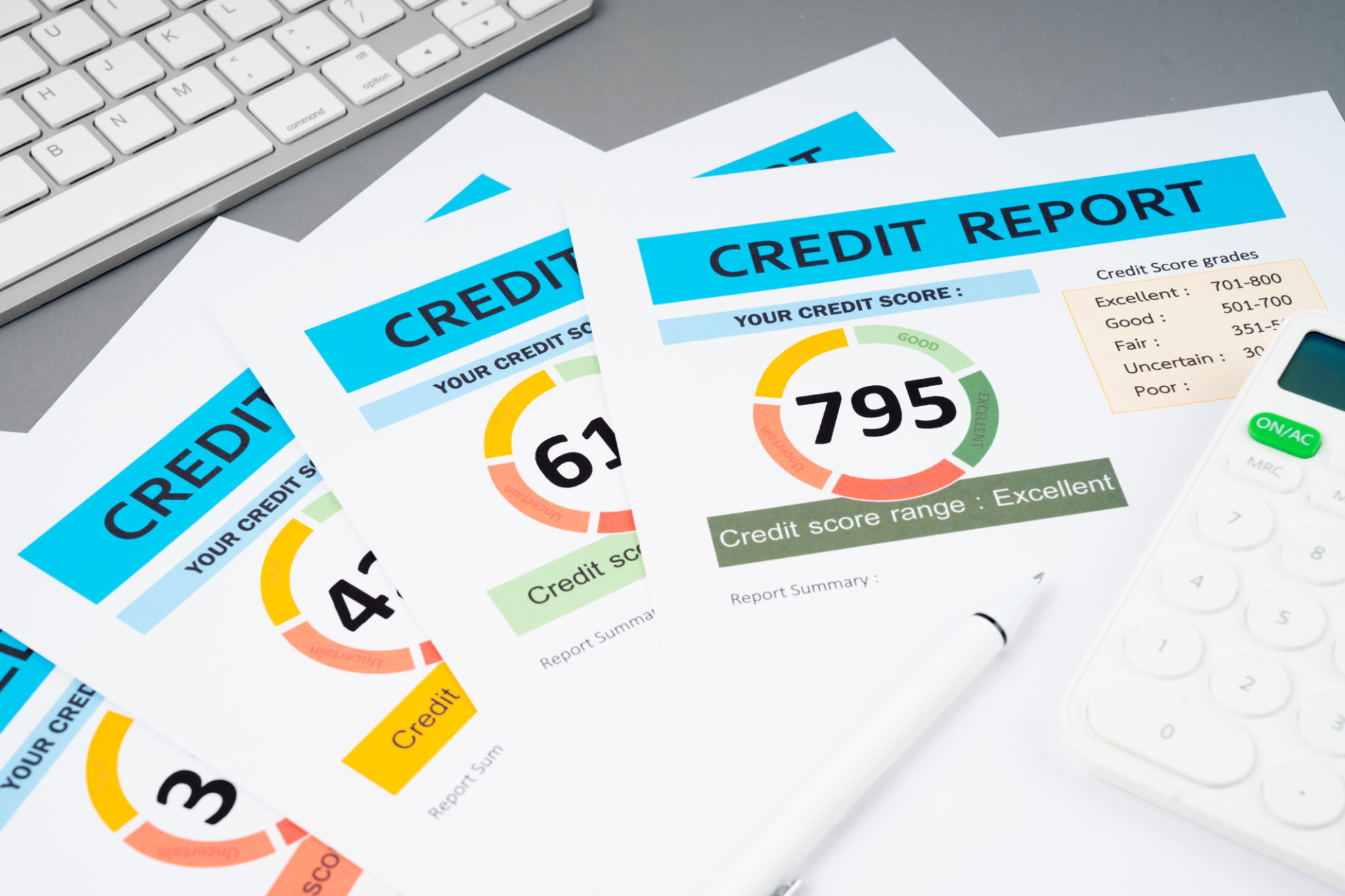DIY Credit Repair: Effective Strategies You Can Start Today
SA
Understanding Your Credit Report
Before embarking on your DIY credit repair journey, it's crucial to understand your credit report. The first step is to obtain a copy of your credit report from each of the three major credit bureaus: Experian, Equifax, and TransUnion. You are entitled to one free report from each bureau every year. Carefully review each report for inaccuracies, such as incorrect personal information, accounts you don't recognize, or erroneous late payments.
Any discrepancies should be disputed immediately. You can do this by writing a formal dispute letter to the credit bureau detailing the inaccuracies. Ensure you keep a record of all correspondence for future reference.

Paying Off Debts Strategically
One of the most effective strategies in credit repair is paying off outstanding debts. Focus on high-interest debts first, as they accumulate more over time. Consider using the debt snowball method, where you pay off smaller debts first to gain momentum, or the debt avalanche method, where you tackle debts with the highest interest rates first.
Negotiate with creditors for better repayment terms or a potential reduction in interest rates. Many creditors are willing to work with you if you demonstrate a commitment to repaying your debts.
Establishing a Budget
Creating and sticking to a budget is fundamental in managing your finances effectively. Start by listing all your income sources and monthly expenses. Identify areas where you can cut back, such as dining out or subscription services.
Allocate a portion of your income specifically towards debt repayment and savings. This disciplined approach not only aids in credit repair but also fosters long-term financial stability.

Building Positive Credit Habits
Repairing your credit is not just about correcting past mistakes; it's about building positive habits for the future. Always pay your bills on time, as payment history is a significant component of your credit score. Set up automatic payments or reminders to ensure you never miss a due date.
Consider opening a secured credit card if you're struggling to qualify for traditional credit. This type of card requires a deposit that serves as your credit limit, helping you rebuild your credit responsibly.
Monitoring Your Progress
Consistently monitor your credit score and report to track improvements. Numerous free tools and apps are available to help you keep an eye on your credit status without affecting your score.

Acknowledge and celebrate small victories along the way to stay motivated. Remember, repairing your credit is a marathon, not a sprint, and persistence is key.
Seeking Professional Advice
If you find yourself overwhelmed or unsure about handling certain aspects of credit repair, consider seeking advice from a certified credit counselor. These professionals can provide personalized guidance and strategies tailored to your specific situation.
However, be wary of companies that promise quick fixes or charge high fees for their services. Legitimate credit counseling services are often non-profit and focus on educating consumers.
By taking proactive steps and committing to financial discipline, you can repair your credit and secure a more stable financial future.